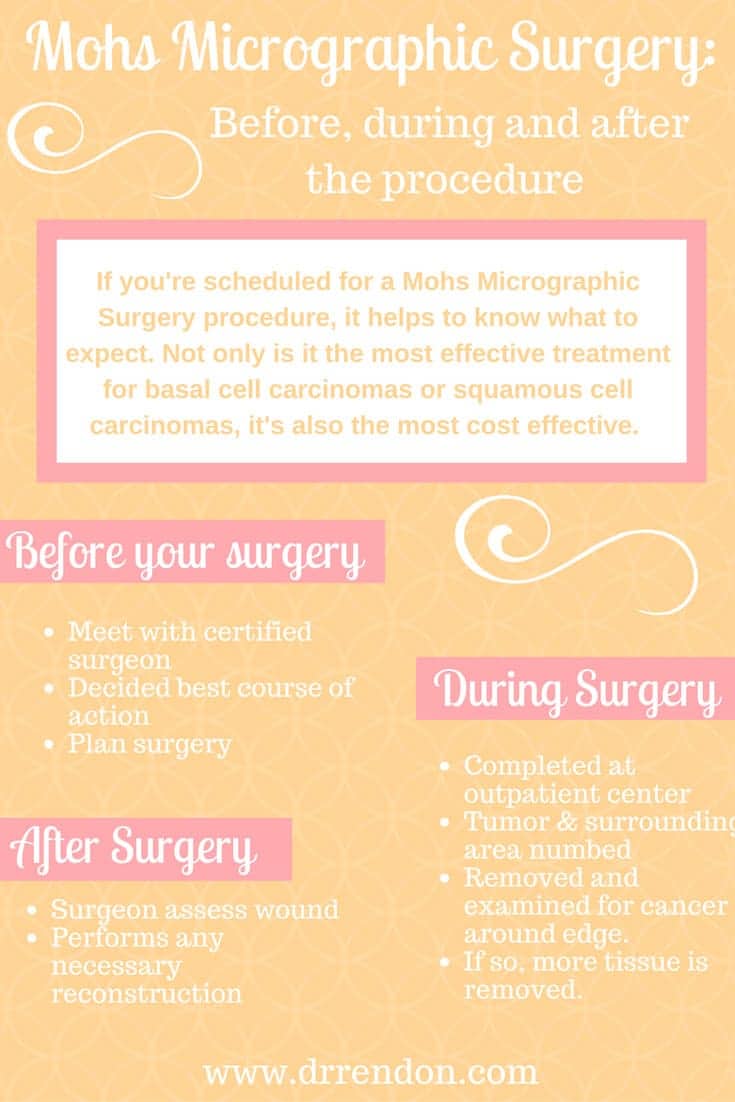Myths And Realities About Acne: Debunking Common Misconceptions
Myths And Realities About Acne: Debunking Common Misconceptions
Blog Article
Uploaded By-Ebsen Beyer
You may believe that enjoying chocolate or oily foods is the source of your acne, but that's just among several misconceptions swirling around this typical skin problem. In pop over to this site , acne mainly comes from stopped up hair follicles, not your last dessert. Misunderstandings like these can lead you to embrace ineffective skin care practices that may even intensify your situation. As you navigate the truths behind acne, you'll discover understandings that can change your approach to skin care and help you achieve more clear skin. So, what really lies beneath the surface area?
Common Myths Regarding Acne
When it involves acne, lots of people rely on typical myths that can cause confusion and irritation. One common myth is that consuming delicious chocolate or greasy foods causes acne. While diet plan can influence skin health and wellness, the direct link in between specific foods and acne isn't as precise as lots of think.
Another usual misconception is that you should scrub your face vigorously to improve outbreaks. Actually, aggressive scrubbing can aggravate your skin and intensify acne.
You might also think that acne only affects teenagers, yet adults can experience it too, usually due to hormone modifications or stress and anxiety. Some individuals think that sun tanning can clear acne, however sunlight direct exposure can actually cause skin damages and aggravate breakouts over time.
microneedling before and after hair but not least, lots of think that using harsh items will certainly get rid of acne promptly. Nevertheless, these products can remove your skin of its natural oils, resulting in boosted inflammation and even more outbreaks.
Scientific Details Behind Acne
Comprehending the scientific truths behind acne can empower you to tackle this usual skin disease better.
Acne happens when hair roots end up being obstructed with oil, dead skin cells, and microorganisms. This process often begins with an overproduction of sebum, the oil your skin normally creates. Hormonal changes, particularly throughout puberty or menstrual cycle, can activate this excess oil.
Germs referred to as Propionibacterium acnes thrive in these stopped up pores, leading to inflammation. When your body immune system reacts, it can cause redness and swelling, resulting in those pesky pimples or cysts.
Genetics additionally play a role; if your parents had acne, you could be a lot more susceptible to it.
Diet regimen and tension levels can affect acne as well, but study is still evolving in these areas. While enjoying https://weight-management54209.buyoutblog.com/32242866/check-out-these-top-10-acne-therapy-items-that-can-transform-your-skincare-video-game-your-flawless-complexion-waits-for will not directly trigger breakouts, a well balanced diet regimen can sustain your skin wellness.
Similarly, managing stress and anxiety can lower hormone fluctuations that may worsen acne.
Tips for Taking Care Of Acne
Managing acne effectively needs a mix of everyday skin care behaviors and way of living changes. Start by developing a regular skincare regimen. Cleanse your face two times a day with a mild, non-comedogenic cleanser to get rid of dirt and excess oil. Avoid scrubbing also hard, as this can irritate your skin and get worse acne.
Next, include products containing salicylic acid or benzoyl peroxide to aid prevent breakouts. Constantly follow up with a light-weight, oil-free cream to maintain your skin hydrated. Do not forget sunscreen; select non-comedogenic choices to safeguard your skin from UV damage without blocking pores.
Beyond skin care, focus on your diet plan. Limit sweet and oily foods, and concentrate on fruits, vegetables, and entire grains. Staying moisturized is critical, so drink lots of water throughout the day.
Additionally, take care of stress and anxiety through activities like yoga exercise, meditation, or workout, as stress and anxiety can set off breakouts.
Last but not least, stay clear of choosing or standing out acnes. This can cause scarring and more swelling. If your acne persists, speak with a dermatologist for individualized therapy choices.
Conclusion
To conclude, it's vital to different truth from fiction when it concerns acne. By exposing typical misconceptions, you can better comprehend your skin and make informed options for your skincare routine. So, why continue to count on obsolete concepts when the reality can empower you? Accept healthier behaviors, focus on mild cleansing, and keep in mind that handling acne is a trip. With the best expertise, you're one action more detailed to more clear, much healthier skin.
